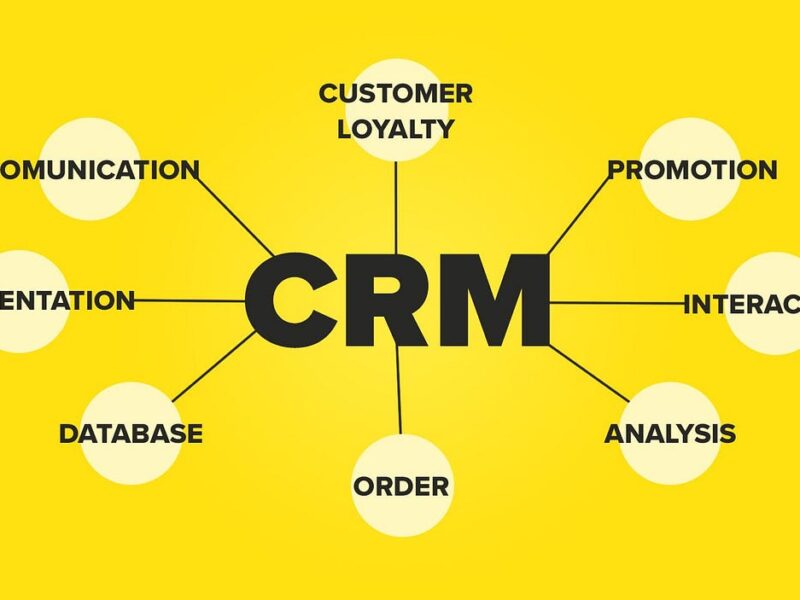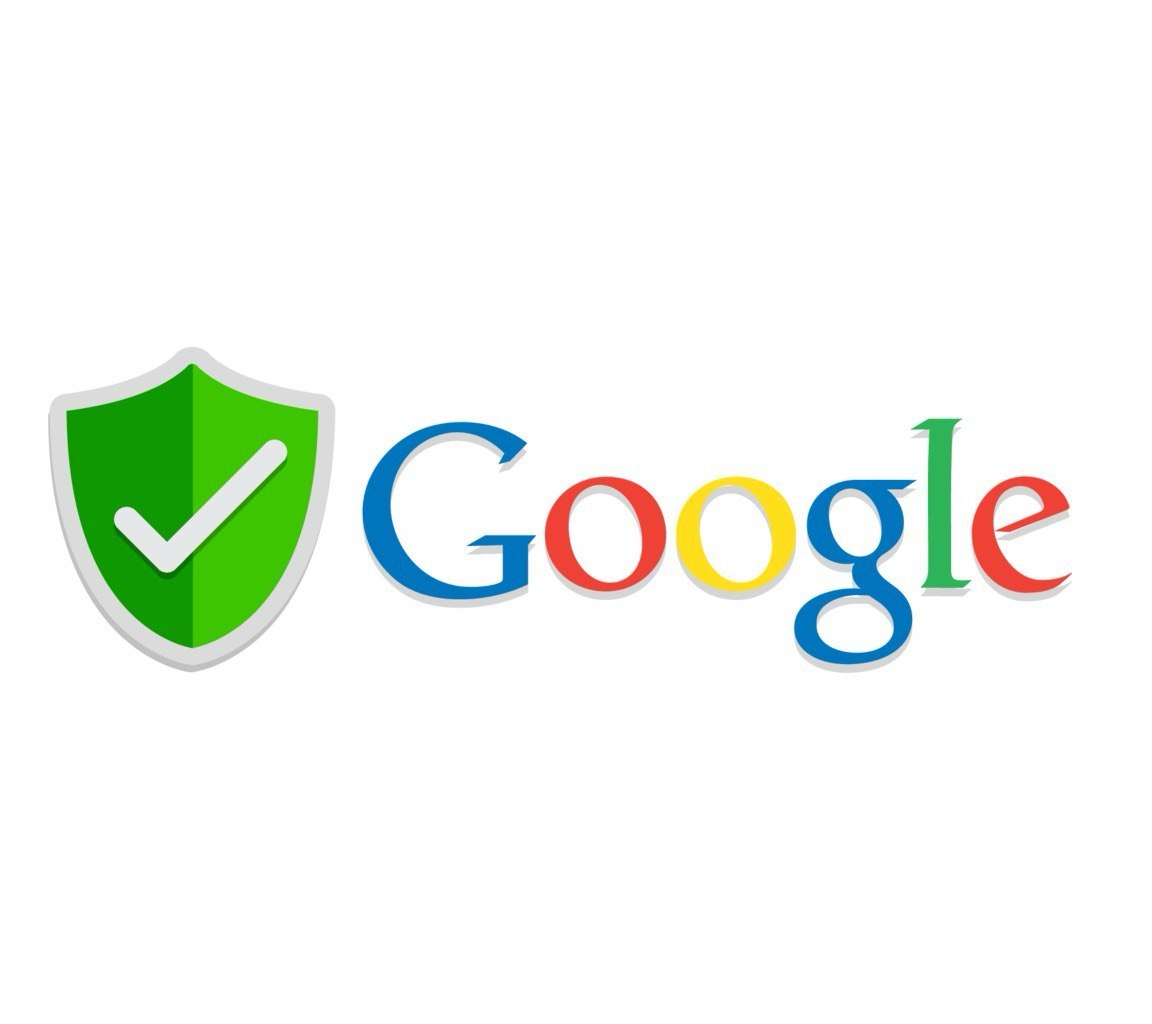In the digital age, coaches and online educators thrive on relationships, personalized communication, and scalable systems. In 2025, the demand for robust yet user-friendly CRM platforms tailored to this niche is higher than ever. CRM platforms for coaches and online educators help manage client interactions, automate course follow-ups, track lead conversions, and enhance engagement. Here’s a detailed look at the best CRM tools available for these professionals, along with their pros, cons, and key features.
1. Kajabi
Overview: Kajabi is an all-in-one platform for course creators and coaches, offering CRM features alongside email marketing, website building, and product delivery.
Pros:
- Seamless integration with online courses
- Automation and pipeline builder
- Built-in landing pages and email tools
Cons:
- Higher price point
- Limited customization in CRM workflows
Best For: Coaches who want a full business platform without third-party tools.
2. CoachAccountable
Overview: Designed specifically for coaching, CoachAccountable helps manage client relationships, appointments, and progress tracking in one place.
Pros:
- Built for coaching workflows
- Progress tracking and accountability tools
- Simple interface for clients and coaches
Cons:
- Limited email marketing capabilities
- Not ideal for complex course delivery
Best For: Life coaches, wellness coaches, and consultants focused on 1-on-1 client work.
3. HubSpot CRM
Overview: HubSpot is a versatile CRM that can be adapted for coaching and educational businesses. Its free tier offers robust tools for email marketing, pipelines, and client management.
Pros:
- Free plan available
- Powerful marketing and automation tools
- Scalable as your business grows
Cons:
- Requires configuration for coaching use
- Advanced features may require paid tiers
Best For: Educators and coaches seeking a flexible, scalable CRM.
4. Simplero
Overview: Simplero is a CRM, email marketing, and course hosting platform tailored to coaches and knowledge entrepreneurs.
Pros:
- Combines CRM with course delivery
- Strong email automation tools
- Community and membership features
Cons:
- UI could be more intuitive
- Pricing may be steep for beginners
Best For: Coaches selling digital products and running online communities.
5. Keap (formerly Infusionsoft)
Overview: Keap is a CRM and marketing automation tool with advanced workflows and payment integration.
Pros:
- Sales and marketing automation
- Built-in invoicing and scheduling
- Powerful segmentation and tagging
Cons:
- Complex setup for beginners
- Monthly plans start at a higher price
Best For: Business coaches and educators running a service-based business.
6. Zoho CRM
Overview: Zoho CRM is a highly customizable platform suitable for client tracking, lead management, and email automation.
Pros:
- Affordable pricing
- Extensive customization options
- Integrates with Zoho suite (Books, Campaigns, etc.)
Cons:
- Requires time to learn
- Generic interface not tailored for education
Best For: Coaches wanting flexibility and budget-friendly CRM features.
7. Paperbell
Overview: Paperbell is a CRM made specifically for coaches, offering scheduling, client management, and payment features.
Pros:
- Easy setup and intuitive UI
- Built-in scheduling and contracts
- One-stop-shop for solo coaches
Cons:
- Limited automation features
- Less suitable for course creators
Best For: New coaches looking for an all-in-one coaching admin tool.
Conclusion
The best CRM for coaches and educators depends on your needs, whether you’re focused on client sessions, course delivery, or automation. Choose a CRM that complements your coaching style and simplifies your workflow.


